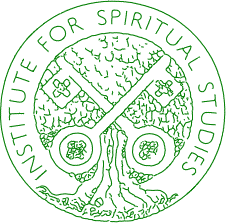

|
Seminar 2:
|
|
London at the end of the eighteenth century was a hotbed of dissent, heresy, mad art and incomprehensible prophets – or so the authorities believed. As if in reaction against Enlightenment ideals, protesters of every kind sprang into prominence, striving beyond the world of rationalism, and demanding new freedoms, social, sexual, aesthetic and religious. The authorities were right to regard much of this activity with alarm: it called for a thorough-going revolution in ways of thinking, feeling and seeing. And among the revolutionaries William Blake, engraver and poet, was outstanding. His visionary account of the French Revolution (1791) was followed by books on America, Europe and England (Albion) and Asia. Even the title of The Marriage of Heaven and Hell (1790-93) is disturbing. This session will examine some of Blake's early writings and illustrations. But here is a short test: how would you interpret the following lines from Blake's The Everlasting Gospel (c.1818). As a bishop, would you be happy to have such material (and this is presented as the word of God) circulating among your congregations? "Thou art a Man, God is no more,
|